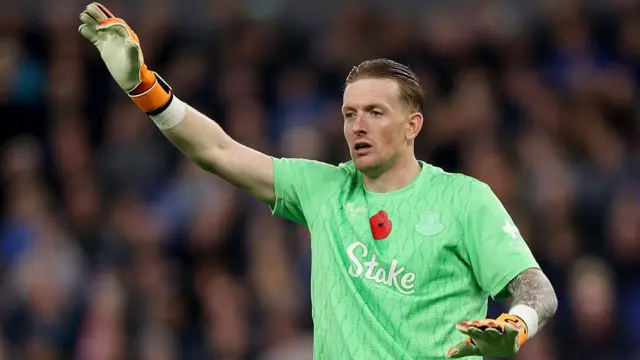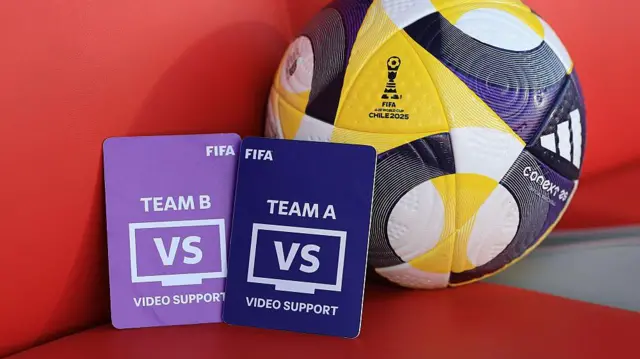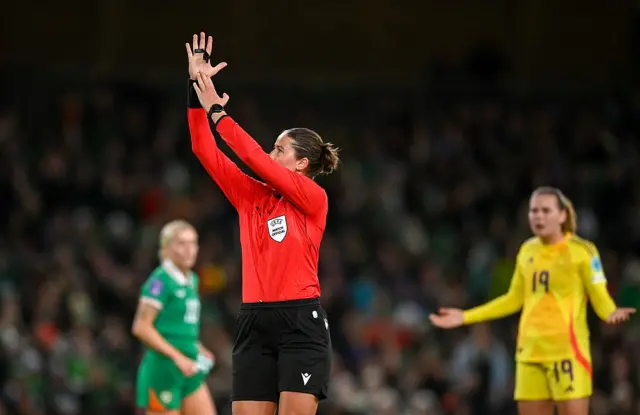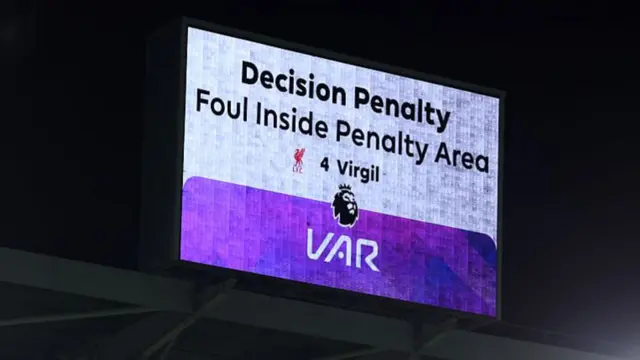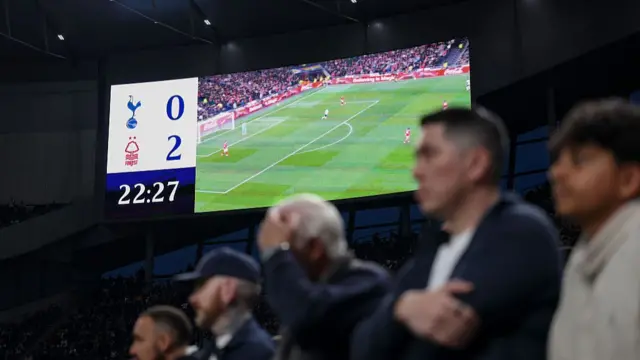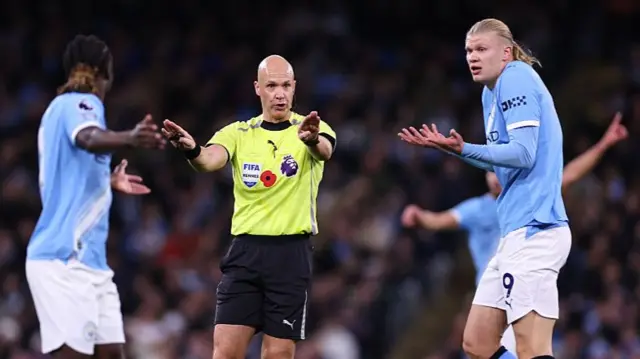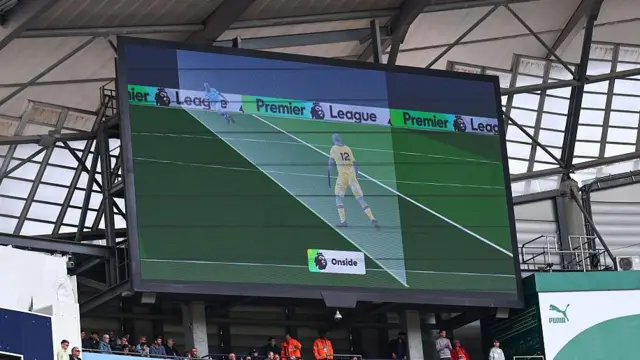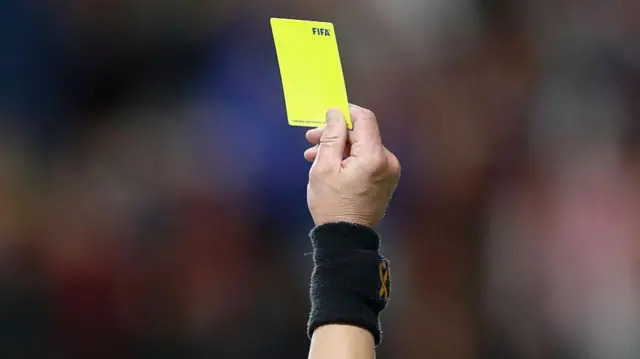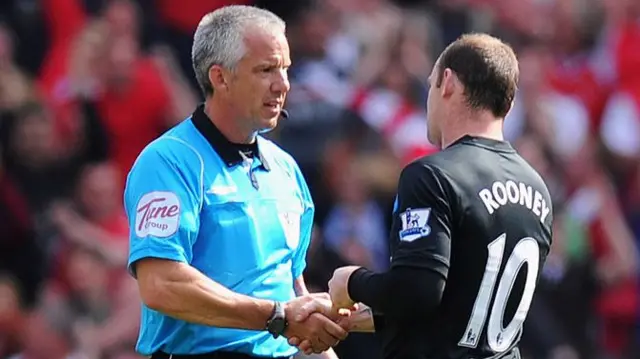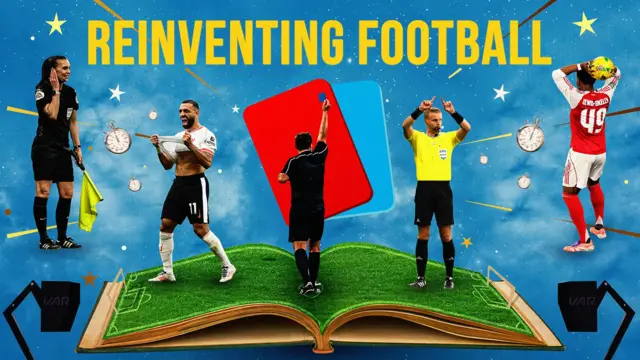Bring in bonus points - and punish 0-0 draws?published at 10:35 GMT
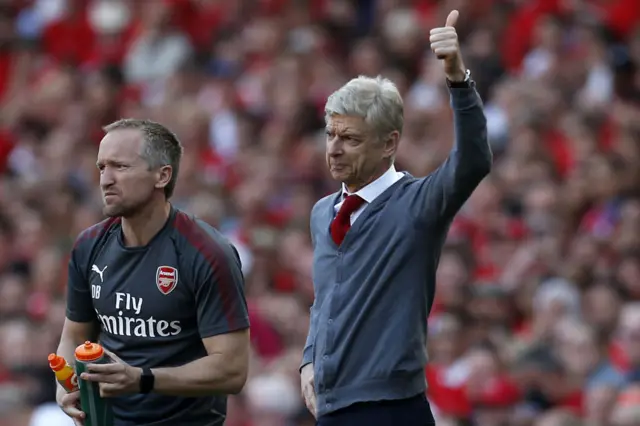 Image source, Getty Images
Image source, Getty ImagesArsene Wenger, when he was manager of Arsenal, often spoke about giving teams extra points to award attacking play.
It never caught on widely, though he did get his way in the pre-season Emirates Cup in the summer of 2009. There, clubs were awarded three points for a win plus an extra point for every goal scored.
Former Manchester City defender Nedum Onuoha is thinking along the same lines.
"I like the idea of a bonus point for every time you score two goals," he said. "Instead of just getting three points, you score two goals and that's four points. You score four goals, that's five points.
"From an attacking perspective, you can really start to climb the ladder. You'll see more goals in the league, which means fans would be more entertained."
There's another option.
Former Barcelona and Manchester United defender Gerard Pique flipped the logic earlier this year by suggesting teams should get zero points if a match ends 0-0.
Pique believes boring games would explode into life for the final 20 minutes because a 0-0 draw would give teams as many points as a 1-0 defeat.
The counterpoint is there could be times it would be more advantageous to take the same points as the opposition - even if that's zero - rather than take a risk and be three worse off.
Bring in bonus points - and punish 0-0 draws? Click thumbs up if you think these ideas have merit, thumbs down if you don't...


